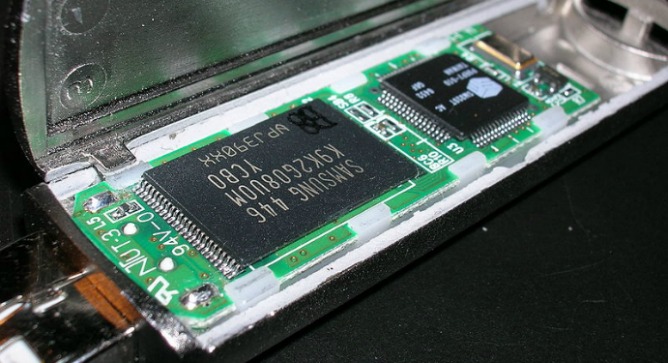Over 170 million women worldwide can breathe a sigh of relief thanks to two Tel Aviv University’s researchers who have found a new relief for potentially life-threatening gynecological disorders. What’s more, the new injectable protein does not compromise fertility.
The creation of new blood vessels in the body, called angiogenesis, is usually discussed in connection with healing wounds and tumors. But it’s also an ongoing process in the female reproductive tract, where the growth and breaking of blood vessels is a normal part of the menstrual cycle. Abnormal growth of blood vessels, however, can have painful consequences.
Prof. Ruth Shalgi and research associate Dr. Dana Chuderland of TAU’s Sackler Faculty of Medicine have found a potential treatment for this abnormal growth in a potent physiological anti-angiogentic factor, PEDF. Administered by simple injection, this protein reverses the symptoms of related diseases without compromising fertility, according to pre-clinical studies.
There are two primary pathologies associated with angiogenesis in the female reproductive system. One is endometriosis, characterized by the passage of uterine cells to other locations in the body during menstruation, which causes severe pain and reduced fertility. The other is ovarian hyperstimulation syndrome (OHSS), a possible side effect of IVF treatments. This is a potentially life-threatening disease with symptoms including abdominal pain and swelling.
Approximately 170 million women suffer from endometriosis worldwide, and about 10 percent of women receiving IVF treatment develop OHSS. Because no treatment currently exists for either of these conditions, affected women have no choice but to suffer through the symptoms.
The new findings have been reported in the Journal of Clinical Endocrinology and Metabolism, Human Reproduction, and Molecular Human Reproduction. This work was done in collaboration with Prof. Rafael Ron-El and Dr. Ido Ben-Ami from Assaf Harofeh Hospital.
The next step is to commercialize the protein for therapeutic use, say the researchers, who were the first to prove that this anti-angiogenic protein is active in the reproductive system. This discovery has been patent protected and is currently undergoing commercialization by Ramot, the technology transfer company of TAU.
Fighting for Israel's truth
We cover what makes life in Israel so special — it's people. A non-profit organization, ISRAEL21c's team of journalists are committed to telling stories that humanize Israelis and show their positive impact on our world. You can bring these stories to life by making a donation of $6/month.






